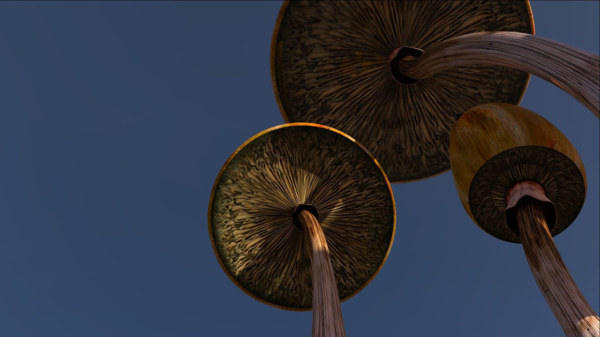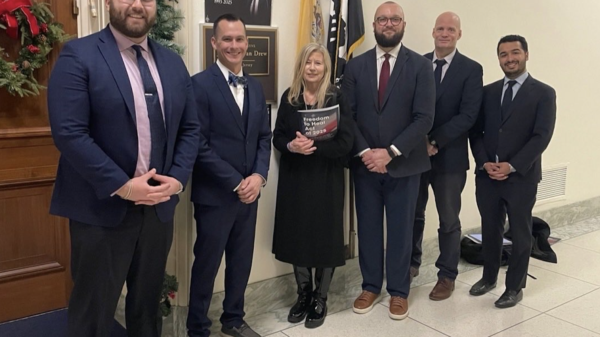Some palliative care providers are starting to see psychedelic-assisted therapy (PAT) as an effective treatment for patients’ existential distress that follows a life-threatening illness.
In a recent study, researchers interviewed palliative care providers and found that existential distress is common in patients with life-threatening illnesses, but has been insufficiently treated with currently available treatments.
While PAT looks to be a promising option, care providers said they were concerned about stigma for patients and medical practitioners that wanted to use psychedelics.
“Clinicians view PAT as promising treatments for refractory existential distress, though concerns regarding access and exclusionary criteria currently limit their potential scope.,” reads the study led by researchers at the Massachusetts General Hospital and the Connecticut Mental Health Center.
Participants said they don’t see how psychedelics fit in existing treatment models, but they encourage further research.
Existential distress carries an intense self-contemplation of death and intense feelings of helplessness, loneliness, anxiety and loss of purpose. Currently, therapy for existential distress is limited to treating symptoms with antidepressants, but patients with life-threatening illnesses don’t respond as well, and common psychotherapy is associated with only a “modest benefit.”

Graph via Palliative care provider attitudes toward existential distress and treatment with psychedelic-assisted therapies
Read more: Health Canada to increase legal access to psychedelics for therapy
Read more: Advocates threaten legal action against Health Canada for delaying patient access to psilocybin
For the study, researchers interviewed 19 palliative care providers in the United States, which included physicians, advanced practice nurses, chaplains, social workers and a psychologist.
They were asked for their views on current treatments for existential distress, and the potential of psychedelic-assisted therapy to treat existential distress associated with life-threatening illnesses.
No participants reported prior clinical experience with PAT, and two reported not knowing about it at all.
The study identified major themes in the interviews, like how existential distress is a common experience but rarely treated.
They also found that care providers considered existential distress as a psychosocial-spiritual problem that psychedelics could help, but there isn’t enough research yet.
While participants expressed confidence in the general safety of PAT, they also had a more negative view of LSD compared to psilocybin and ketamine.
Positive and stigmatizing views toward PAT were both common, often co-occurring within the same interview, the study shows.
“This demonstrates the complicated way in which providers integrate new information about the therapeutic potentials of PAT with decades-old understandings of psychedelics as dangerous and illegal agents.”
Read more: Proposed amendment could greatly expand access to psychedelic therapy in Canada
Read more: Health Canada says patients should access medical psilocybin via clinical trials
Some Canadian advocates are pushing for the government to regulate certain psychedelics for therapeutic use.
In August, Victoria-based non-profit TheraPsil released a draft legalization framework, after consulting with patients, lawyers and regulatory experts.
TheraPsil has been helping patients suffering from severe mental illness legally access psychedelics since 2019.
After waiting 311 days, one more patient has now just been granted their section 56 exemption for #psilocybintherapy.
THANK YOU @jyduclos & @Carolyn_Bennett.
However, many more patients need access NOW and can not wait.
Advocate with us: https://t.co/7tNpd8ESi4
— TheraPsil (@TheraPsil) December 20, 2021
Follow Natalia Buendia Calvillo on Twitter
natalia@mugglehead.com














